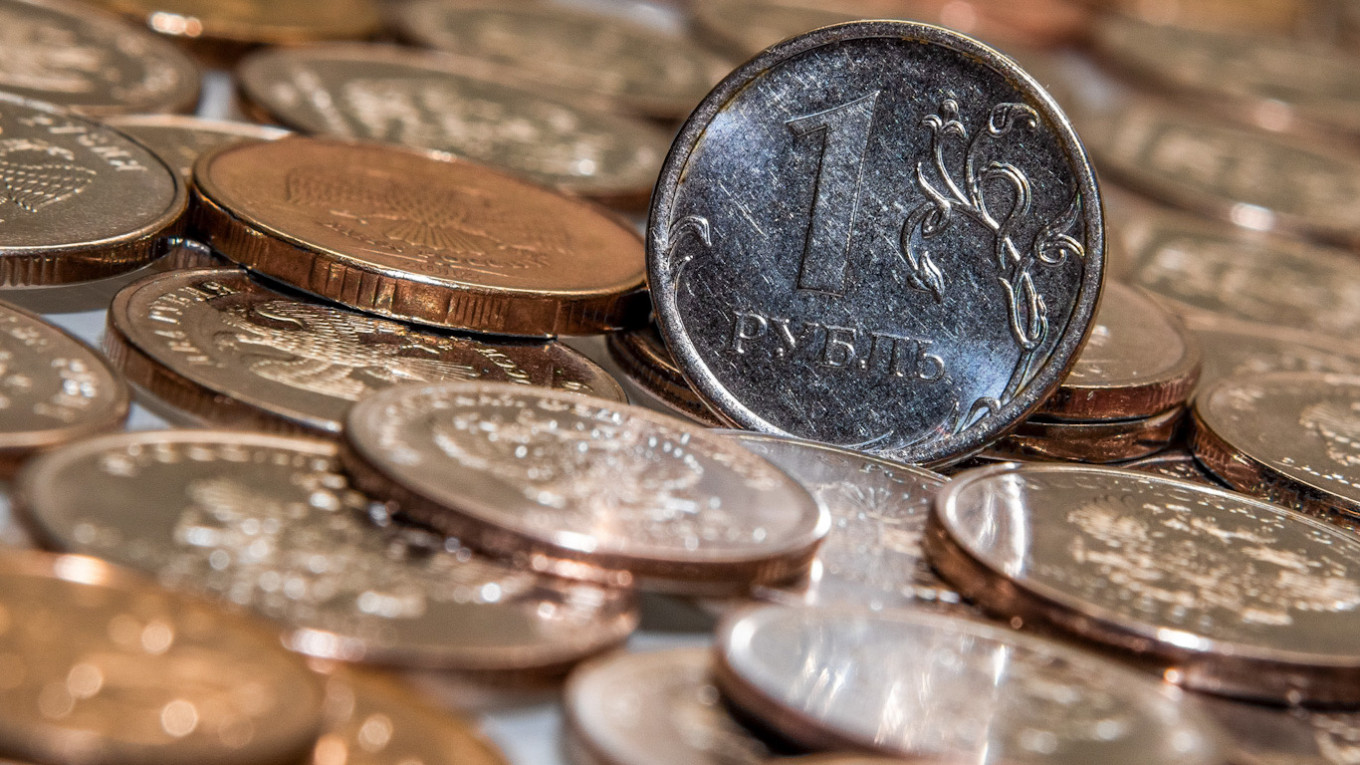The Central Bank of Russia (CBR) has announced plans to introduce a “digital ruble” as an alternative to cryptocurrencies, which are banned in the country.
A digital currency that isn’t a cryptocurrency? It’s a bit confusing, but the CBR can see that the rapid growth of fintech solutions — both by startups and existing players in the banking sector — need a form of the ruble that is a bit more friendly to electronic transfers than simply holding numbers in an electronic ledger. But at the same time, it doesn't want to go all the way to creating a blockchain structure to create and trade the digital coins.
In mid-October, CBR released a paper on the prospects of introducing a digital currency, which would be called Central Bank Digital Currency, or CBDC. That paper was backed by an article from Alexey Zabotkin, CBR deputy governor, published in Econs journal.
“The existence of the digital ruble will curb the risks of using other, less reliable, payment solutions in the digital space,” he wrote. “And the creation of an extra payment infrastructure for the digital ruble will additionally support the reliability and interrupted operation of the country’s payment system.”
In mentioning “other, less reliable” payment options, Zabotkin was apparently referring to cryptocurrencies, which are currently banned in Russia, and the CBR has been adamantly opposed to the idea of accepting crypto as a legitimate means of payment.
The central bank said it aims to augment the exchange space with a digital form of the ruble in addition to cash and cashless money, while the digital form could combine the best features of the other two, supporting online transactions like cashless money and being used offline like normal cash.
According to the regulator, retail clients could use the digital currency for purchases, transfers to individuals, firms and the state, tax payments, conversions to foreign currencies in e-wallets and as a store of value.
In addition to the normal functions of money as a medium of exchange, firms could conduct transactions via smart contracts with households or the state. The state could enhance the efficiency of transactions by automating them with smart contracts and by controlling the efficiency of public spending.
By introducing another form of currency, the CBR must account for a higher interchange speed between forms. The regulator admits that there could be a liquidity shortage in the banking sector and it could take time to stabilize these processes.
According to CBR's Zabotkin, the development of the digital ruble is currently in the first of seven stages. A final decision on whether to issue the digital ruble is expected before the end of the year.
In the longer term, transmission mechanisms could be enhanced via the deeper penetration of financial services using the digital currency.
In the Bank’s view, keeping funds in digital rubles might decrease the risks of transferring wealth into other foreign central bank-issued digital currencies, increasing the digital ruble's attractiveness. The run on banks for cash during external shocks could also be solved faster with an additional provision of liquidity, helping to preserve financial stability.
Regulators in various other countries are also considering issuing digital currencies. Uruguay, Ukraine and Ecuador, have already completed testing, while China, Sweden and South Korea are conducting pilot projects.
“Since the project is in its early stages, the form of the digital ruble is likely under discussion,” the Sova Capital brokerage said in a research note. “There is no doubt that a digital currency could provide a higher transaction potential than cash and non-cash money, leading to the introduction of smart contracts and lower transaction costs, as well as no credit risk compared to the cashless ruble, not to mention operations being more secure compared to cash.”
“The format being contemplated by the CBR is closer to cash than non-cash, meaning the non-financial sector would have limited direct access to CBR operations,” it added.
Meanwhile, the introduction of the digital ruble is unlikely to have a major impact on CBR policies.
“Basically, this is an analogue of the electronic ruble, which already exists,” Oleg Shibanov, a professor at the Russian Economic School, told Russian business news site RBC.
“The only difference will be that the digital ruble will also be available to companies and households, so the Central Bank will communicate not just with banks, but also with regular citizens.”
This article originally appeared on bne IntelliNews.
A Message from The Moscow Times:
Dear readers,
We are facing unprecedented challenges. Russia's Prosecutor General's Office has designated The Moscow Times as an "undesirable" organization, criminalizing our work and putting our staff at risk of prosecution. This follows our earlier unjust labeling as a "foreign agent."
These actions are direct attempts to silence independent journalism in Russia. The authorities claim our work "discredits the decisions of the Russian leadership." We see things differently: we strive to provide accurate, unbiased reporting on Russia.
We, the journalists of The Moscow Times, refuse to be silenced. But to continue our work, we need your help.
Your support, no matter how small, makes a world of difference. If you can, please support us monthly starting from just $2. It's quick to set up, and every contribution makes a significant impact.
By supporting The Moscow Times, you're defending open, independent journalism in the face of repression. Thank you for standing with us.
Remind me later.






